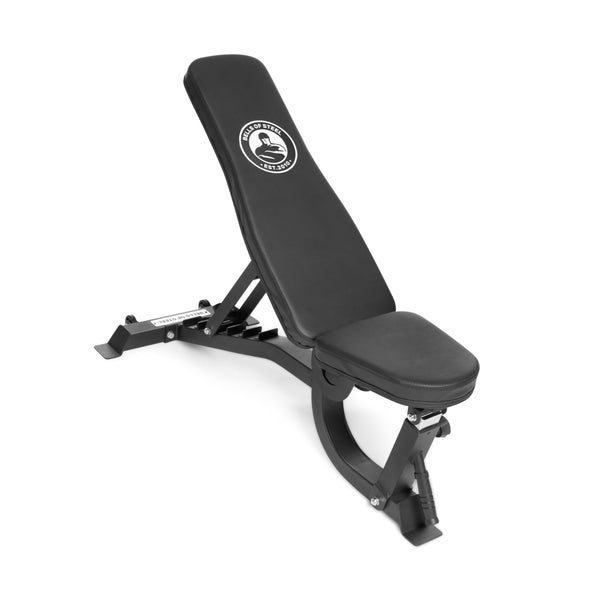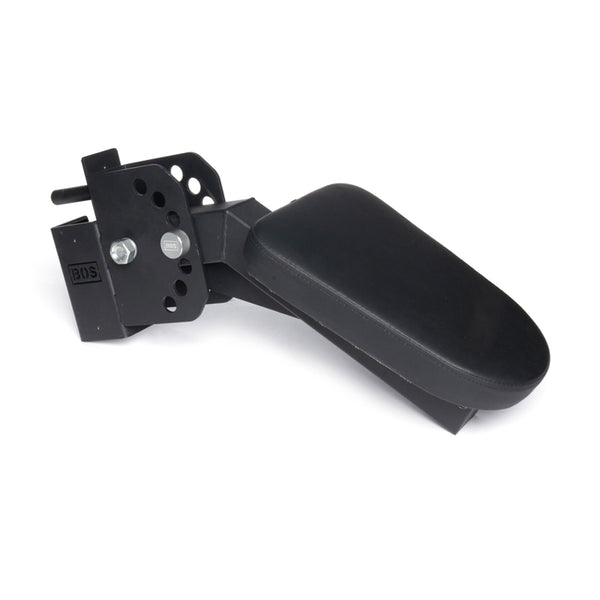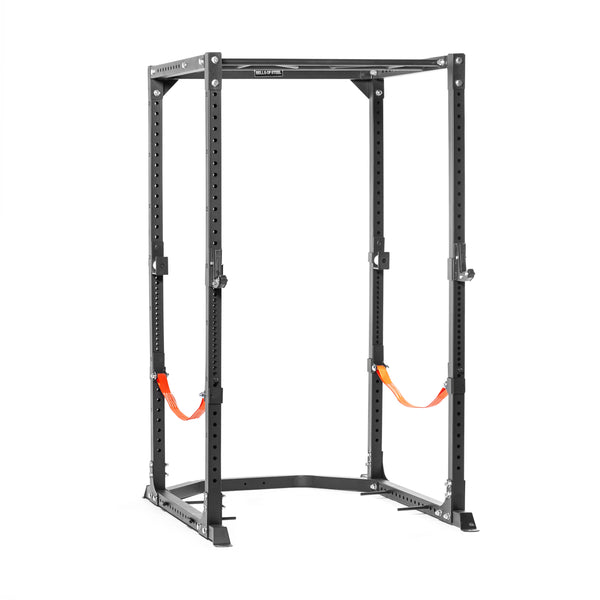Are you tired of the same old boring back exercises in your workout routine?
Looking to add some variety and challenge to your back training that won’t fatigue your lower back muscles?
Well, look no further than seal rows!
This unconventional exercise will not only target your back muscles but also takes it easy on your lumbar region. In this article, we will explore what seal rows are and delve into three different types of seal rows you can do at home: free weight versions using a barbell or dumbbells, and cable machine variations.
Let's dive right in!Seal rows are a compound exercise that primarily targets the muscles in your upper back, including the latissimus dorsi, rhomboids, and traps.
The seal row involves pulling a weight towards your torso while laying in a horizontal body position, and its name is derived from the motion of a seal propelling itself through the water.
Seal rows offer several benefits, including:
- Increased upper back strength and muscle development.
- Improved posture and spinal stability.
- Enhanced grip strength and forearm development.
- Engagement of the core muscles for stability and balance.
- Variety and challenge in your workout routine.
Now, let's explore the three types of seal rows you can incorporate into your home workouts.
- Set up a seal row pad on your power rack at a height that allows you to reach the barbell or dumbbells comfortably.
- Lean face down against the pad, ensuring that your chest and upper stomach are supported.
- Reach down and grasp the barbell with an overhand grip, slightly wider than shoulder-width apart. If using dumbbells, go with a neutral grip.
- Keeping your body straight and your core engaged, pull the implement towards your torso by bending your elbows and retracting your shoulder blades.
- Pause for a moment at the top of the movement, squeezing your back muscles.
- Slowly lower the implement back to the starting position and repeat for the desired number of reps.
- Place a flat bench or adjustable bench horizontally in front of you with it positioned on top of two sturdy objects, like bumper plates or stackable pull blocks
- Lay down on the bench with your implement directly underneath the bench
- Reach down and grab the implement with an overhand grip
- Pull the barbell/dumbbells towards your torso, focusing on engaging your back muscles.
- Pause briefly at the top of the movement, then lower the dumbbells back down in a controlled manner.
- Perform the exercise for the desired number of reps.
- Place a plyo-box in front of you and rest your stomach and torso on the plyo-box while keeping your feet on the floor for support.
- Grab the barbell or dumbbells with an overhand grip, hands slightly wider than shoulder-width apart.
- Pull the implement towards your torso, retracting your shoulder blades and squeezing your back muscles.
- Pause at the top of the movement and then slowly lower it back to the starting position.
- Repeat the exercise for the desired number of reps.
- Attach a seal row pad to a cable tower machine at a height that allows you to grasp the handles comfortably.
- Position yourself facing the machine, ensuring your chest and upper stomach are supported by the pad.
- Grasp the handles with an overhand grip, hands slightly wider than shoulder-width apart.
- Keep your body straight and engage your core as you pull the handles towards your torso.
- Squeeze your back muscles at the top of the movement, then slowly release the handle back to the starting position.
- Repeat the exercise for the desired number of sets and reps.
- Place a plyo-box in front of the cable machine and rest your stomach and torso on it while keeping your feet on the floor for support.
- Grasp the handles of the cable machine with an overhand grip, hands slightly wider than shoulder-width apart.
- Pull the handle towards your torso, focusing on squeezing your back muscles.
- Pause at the top of the movement, then slowly lower the handle back to the starting position.
- Perform the exercise for the desired number of sets and reps.
Seal rows offer a unique and challenging way to target your back muscles while engaging your core and improving your posture. By incorporating barbell, dumbbell, or cable machine variations into your home workout routine, you can add variety and enhance your overall strength and muscle development.
So, go ahead and give seal rows a try in the comfort of your own home. Your back muscles will thank you for the new challenge!



